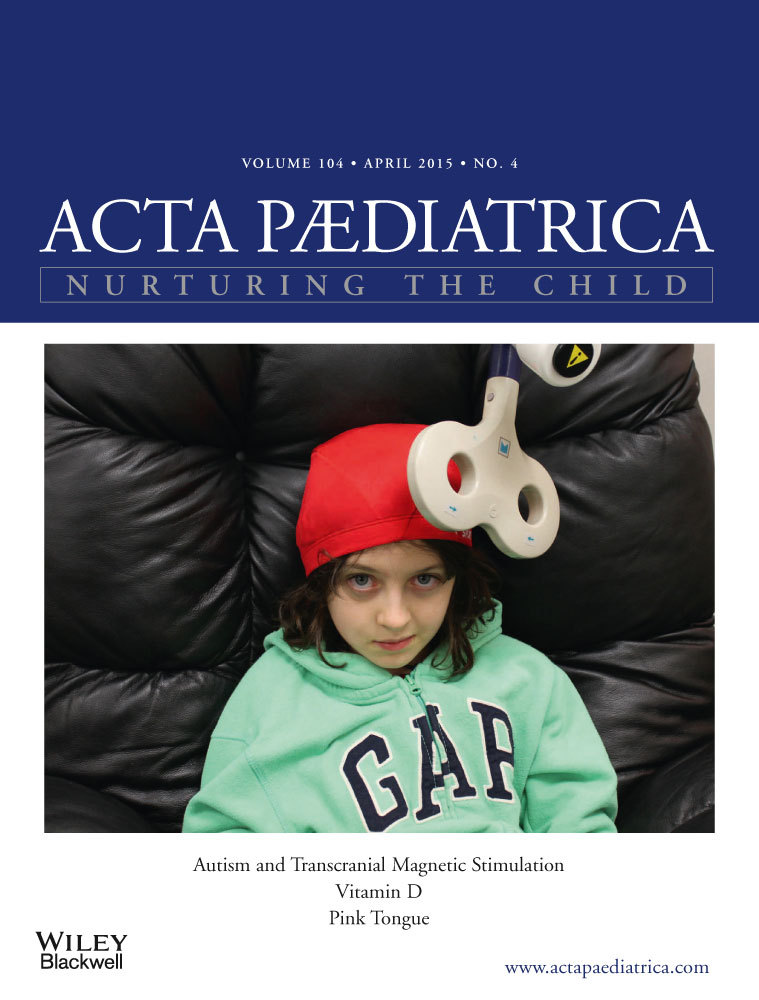Risk factors for poor neonatal adaptation after exposure to antidepressants in utero
Abstract
Aim
Infants exposed to antidepressants in utero are at risk of developing poor neonatal adaptation (PNA). This study identified risk factors for PNA.
Methods
In this cohort study, data on mothers and infants admitted to the maternity ward of a general hospital between 2007 and 2012 were analysed. All infants were exposed to an antidepressant during the last trimester of foetal life. The main outcome measure was PNA, defined as at least one Finnegan scores of four or more during admission. Risk factors analysed for their possible association with PNA included type of feeding, type and dosage of antidepressant, prematurity and maternal smoking, anxiety and depression.
Results
We included 247 infants in the study and 157 (64%) developed PNA. Formula feeding was associated with an increased risk of PNA compared to breastfeeding or mixed feeding (OR 3.16 95% CI 1.40–7.13 p = 0.003). Selective serotonin reuptake inhibitors (SSRIs) were associated with an increased risk of PNA compared to serotonin and noradrenaline reuptake inhibitors (OR 2.52 95% CI 1.07–5.95 p = 0.04). Dosage did not influence the risk of PNA (OR 1.50 95% CI 0.89–2.52 p = 0.13).
Conclusion
Formula feeding and exposure to SSRIs were associated with development of PNA, but dosage was not.




